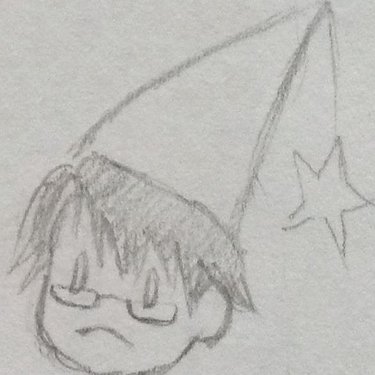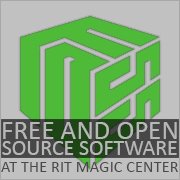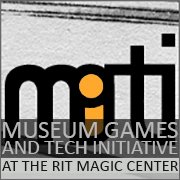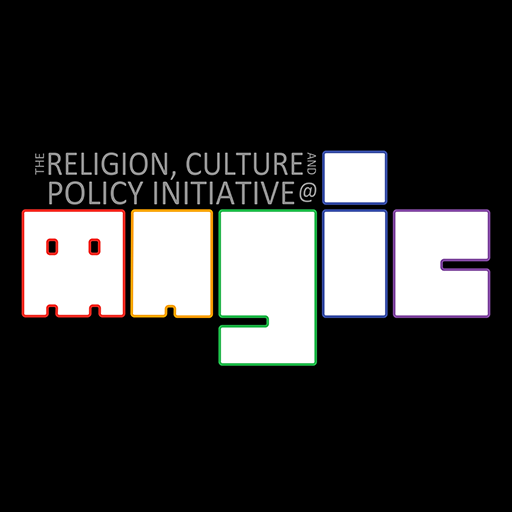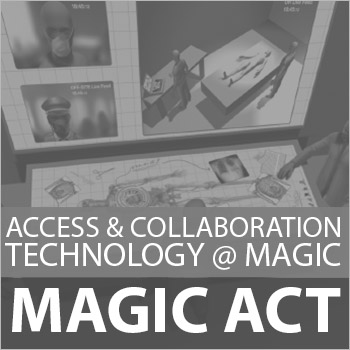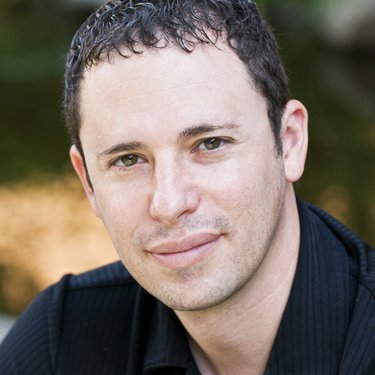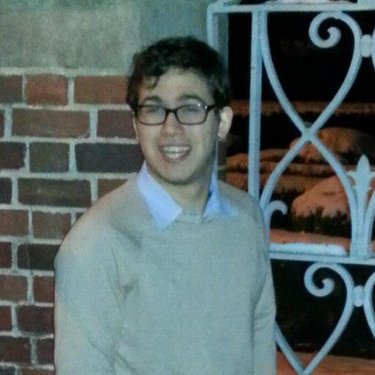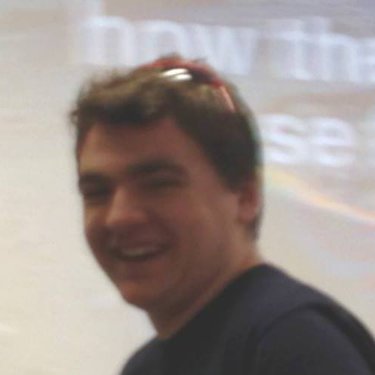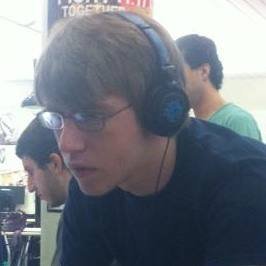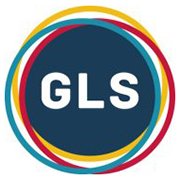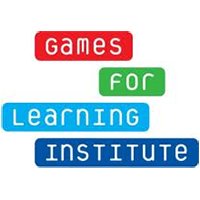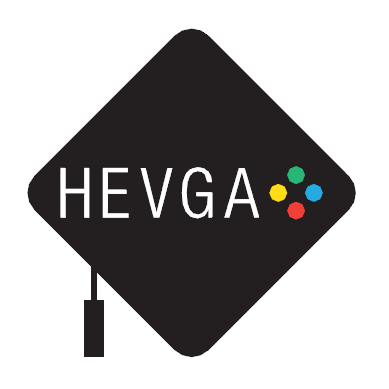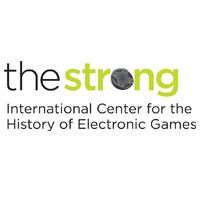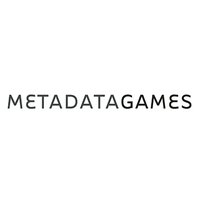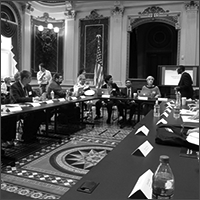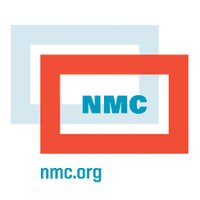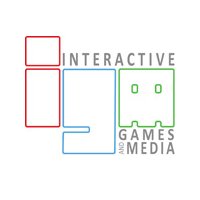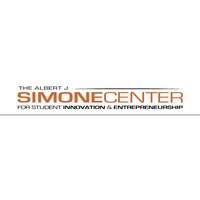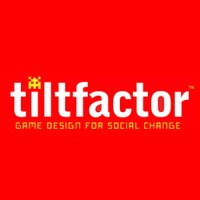MAGIC Community
The creative community of the MAGIC Center is the heart and soul of our research and development capability, with contributions and interactions from makers and thinkers of many backgrounds and varieties. Our social fabric is combined of four major elements:
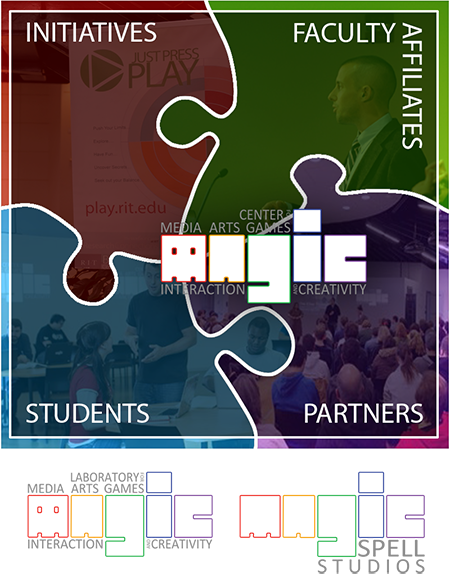
Faculty Affiliates
(those faculty from throughout the university that have affiliated with the center)Partners
(individuals, organizations, programs or groups that we work with beyond the campus)Initiatives
(broad themes that help drive individual projects and investigations)Students
(who are the core of any enterprise at RIT, and who are working on these and many other projects as they pursue their education and research objectives)
Together, these elements form a rich tapestry of collaboration and multi-disciplinary exploration that is unique to the MAGIC Center, and that flows across the MAGIC Laboratory and MAGIC Spell Studios divisions. That said, not every project, collaboration, or activity will neatly fit into any of these boxes, and above all there is a very healthy dose of creative chaos that permeates everything we do.
Center Initiatives
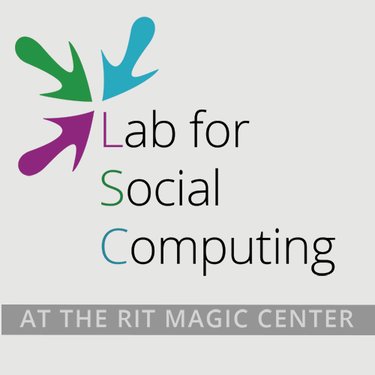
The Lab for Social Computing @ MAGIC
The Lab for Social Computing serves as an organizing unit for faculty across multiple colleges and disciplines to work together on research and development projects related to a wide range of social technologies. Outside of RIT, LSC faculty regularly speak at conferences on social computing topics, raising the visibility of RIT as an important player in social computing R&D, with several recent and past projects of note. The lab is directed by Dr. Elizabeth Lawley, Professor in the School of Interactive Games & Media and a faculty affiliate of MAGIC.
The LSC also sponsors talks on campus by well-known authors and scholars in the field of social computing: recent speakers included Kevin Slavin, Thomas Malaby, Julian Dibbell, David Weinberger, and Kathleen Fitzpatrick. In addition, personnel from the LSC help organize the Microsoft Research Social Computing Symposium in collaboration with Microsoft Research FUSE Labs.
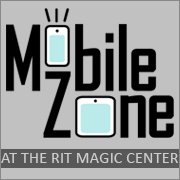
The Mobile Zone @ MAGIC
The Mobile Zone at MAGIC supplies mentorship, technical challenges and support for faculty and student projects centered around mobile phone and tablet technologies. The mobile zone is sponsored by a gift from Storm Frog, Inc. who generously places their own staff into the lab to mentor the RIT community.
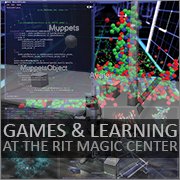
Games & Learning at the MAGIC Center
RIT, the School of Interactive Games & Media, and collaborators across the MAGIC Center have a long history of exploring the creation, use, and deployment of games in classrooms and informal learning settings to understand both the learning process and to impact a large number of fields. From the early days of projects like M.U.P.P.E.T.S. that explored how we teach our own undergraduates to code and communicate in digital environments, to games such as Layoff! (a collaboration with the Tiltfactor Lab and part of the Values at Play initiative) that challenge the public on uncomfortable issues surrounding economic collapse, RIT has supported our work in exploring the ways in which games and media can impact the learning process.
Recently, MAGIC has partnered with Second Ave. Software on several Department of Education grants that create games for middle school Science education (Martha Madison's Marvelous Machines being one such example), has continued to engage with the Games 4 Learning Institute, the Games+Learning+Society Center at the University of Wisconsin-Madison, and several other partners and agencies as we continue to push the boundary of how games and digital media can impact learning and engagement.
Closer to home, we have been heavily involved in the creation of the Just Press Play project, which seeks to use game elements and playful learning theory to better equip students in the transition to campus life and academic exploration in a whimsical, yet meaningful way. You can read more about these individual projects, their impact, and related work on the individual pages for these works, and if you have an idea or concept for a game or simulation that impact the learning process, don't hesitate to contact us!
Faculty Affiliates

Jessica Bayliss
Associate Professor
& Graduate Coordinator
School of Interactive Games & Media, GCCIS
IGM Program Website

Joe Pietruch
Lecturer
School of Interactive Games & Media, GCCIS
IGM Program Website

Joe Geigel
Professor
Department of Computer Science, GCCIS
Faculty Website

Jon Schull
Research Scientist
RIT MAGIC Center
Faculty Website

Kelly Norris Martin
Assistant Professor
Dept. of Communications, COLA

Elizabeth Lawley
Professor
School of Interactive Games & Media
Director, Lab for Social Computing @ MAGIC
Faculty Website | LSC Website

Ian Schreiber
Assistant Professor
School of Interactive Games & Media, GCCIS
Personal Design Blog

Mike Johansson
Lecturer
Dept. of Communications, COLA
Faculty Website

Nancy Doubleday
Associate Professor
School of Interactive Games & Media, GCCIS

Owen Gottlieb
Assistant Professor, School of Interactive Games & Media, GCCIS

Ron Vullo
Associate Professor
Department of Information Sciences & Technologies, GCCIS
Faculty Website

Shaun Foster
Assistant Professor
School of Design, CIAS
Faculty Website

Stephen Jacobs
Associate Director, RIT MAGIC Center
Professor, School of Interactive Games & Media, GCCIS

Steve Kurtz
Professor, School of Interactive Games & Media, GCCIS

Steven Gold
Professor of Economics
Saunders College of Business

W. Michelle Harris
Associate Professor
School of Interactive Games & Media, GCCIS
Faculty Website
Students

Justin Hoover

Katie Pustolski

Katie Tigue
AKA "Giggles"

Sara Armstrong

Sean Brennan
